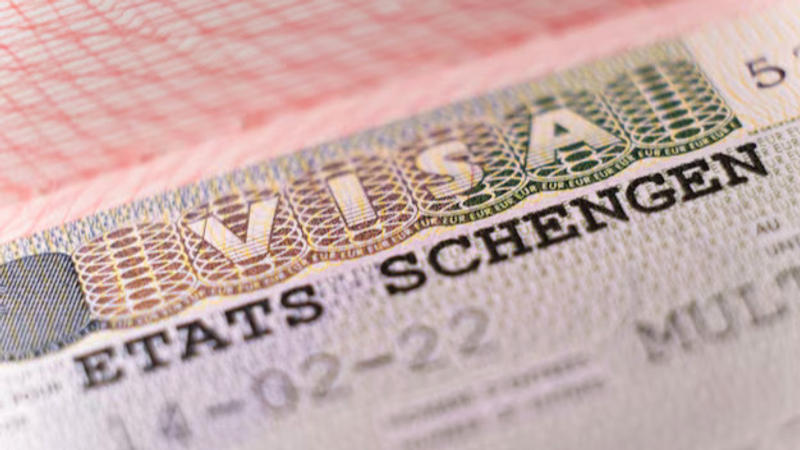Published 21:18 IST, January 9th 2025
Visa Racism? Africans Twice as Likely to Be Rejected for Schengen Visas - Report
Starting in 2025, additional barriers will come into play with the rollout of systems like ETA and ETIAS.

A growing divide in global mobility is becoming starkly evident as data highlights disparity in Schengen visa approvals. Africans face a rejection rate twice as high as applicants from other regions, raising concerns about systemic bias in international travel. As new entry protocols like ETA (Electronic Travel Authorisation) and ETIAS (European Travel Information and Authorisation System) emerge, the barriers for travellers, especially from developing nations, seem to be escalating.
Schengen visa inequality
African applicants have historically struggled with high rejection rates for Schengen visas, but the gap has widened even more. While the global average rejection rate hovers around 15%, African applicants face rates exceeding 30%. Analysts attribute this disparity to factors like perceived risks of overstaying, lack of financial documentation, and stringent scrutiny applied to applications from specific countries.
The difficulty in obtaining visas has led many to accuse the system of "visa racism." Advocacy groups have called for more transparent criteria and fairer evaluations.
ETA and ETIAS are new hurdles
Starting in 2025, additional barriers will come into play with the rollout of systems like ETA and ETIAS. These electronic authorisation programs aim to streamline border control but have drawn criticism for disproportionately affecting travellers from less-privileged nations.
- ETIAS for Europe- Non-EU travellers, including those from visa-exempt countries, will now need pre-approval to enter Schengen states. While ETIAS is positioned as a security measure, its introduction is expected to add layers of complexity for travellers who already face challenges.
- ETA for Other Regions- Similarly, countries like the US and UK have implemented their own electronic travel authorisations, which require pre-screening before travel.
Demand for second citizenship rises
Frustrated by restrictive visa policies, affluent individuals from countries with low passport mobility have turned to second citizenship programs. These programs, often referred to as "golden visas," allow people to acquire citizenship or residency in exchange for significant investments in the host country.
Interestingly, Americans have emerged as top applicants for these programs, seeking to diversify their travel options amidst growing restrictions. Wealthy Africans are also participating in these schemes, viewing them as a way to bypass the challenges of Schengen visas and gain easier access to global destinations.
Updated 21:18 IST, January 9th 2025